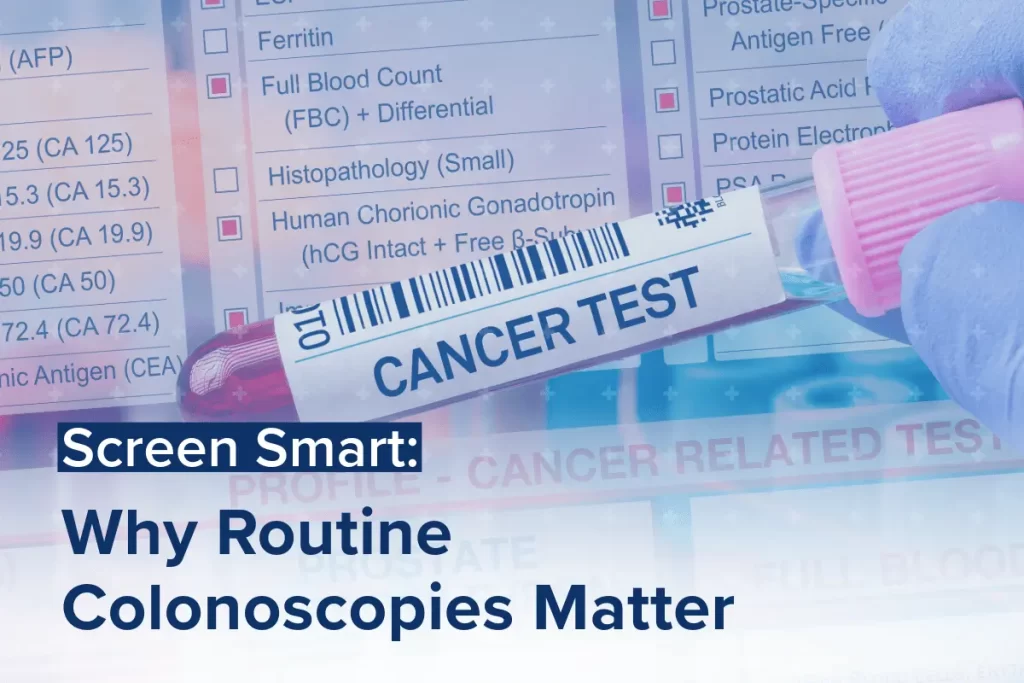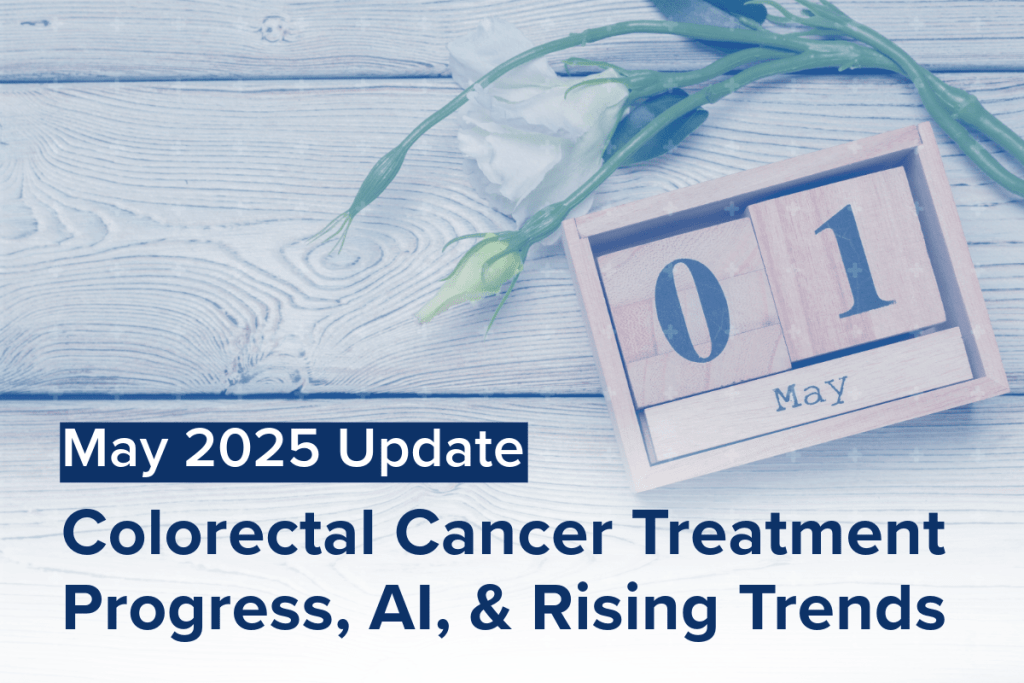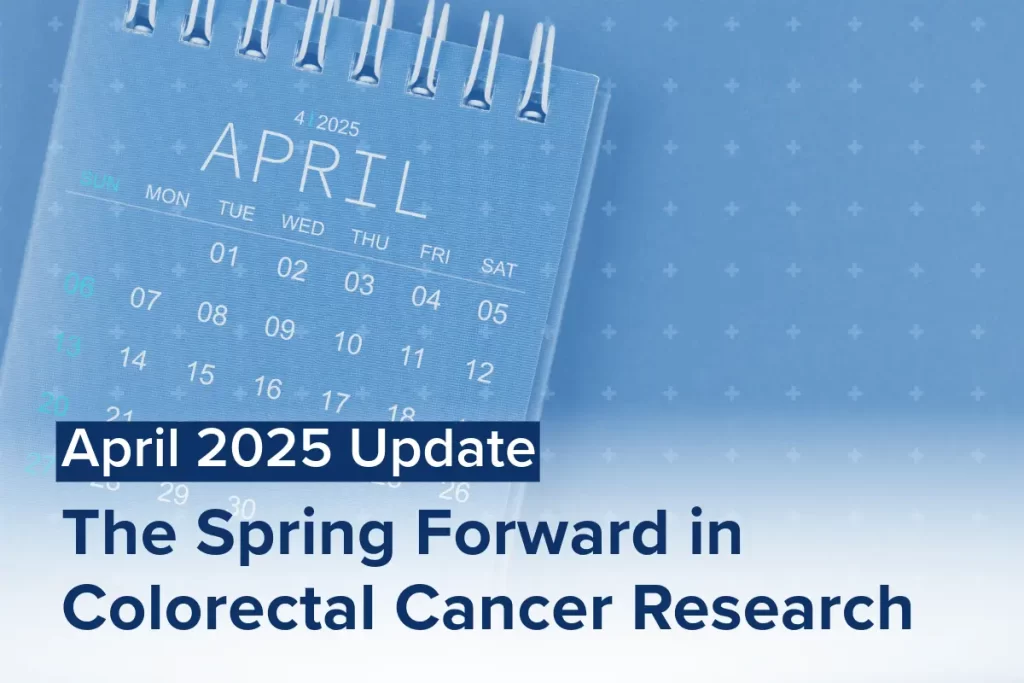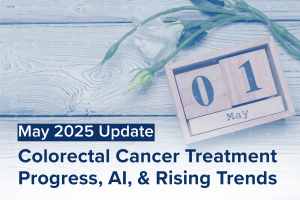Table of Contents
ToggleSchedule Your Procedure Today
- All-Inclusive Service
- Board-Certified Physicians
- Transparent Pricing
Research shows that regular colonoscopy screenings reduce colorectal cancer mortality by up to 68%. That’s because most colorectal cancers begin as small polyps, which can be detected and removed before they turn into something dangerous.
The problem? Many people assume that one clean colonoscopy means they’re in the clear forever. But skipping follow-up screenings dramatically increases the risk of cancer development over time.
The key to lifelong prevention isn’t just getting screened once, it’s staying on schedule at the right intervals based on your personal risk.
In this guide, we’ll break down why regular screenings are critical, how they prevent cancer, and what happens when people delay or skip screenings.
How Regular Colonoscopies Prevent Cancer
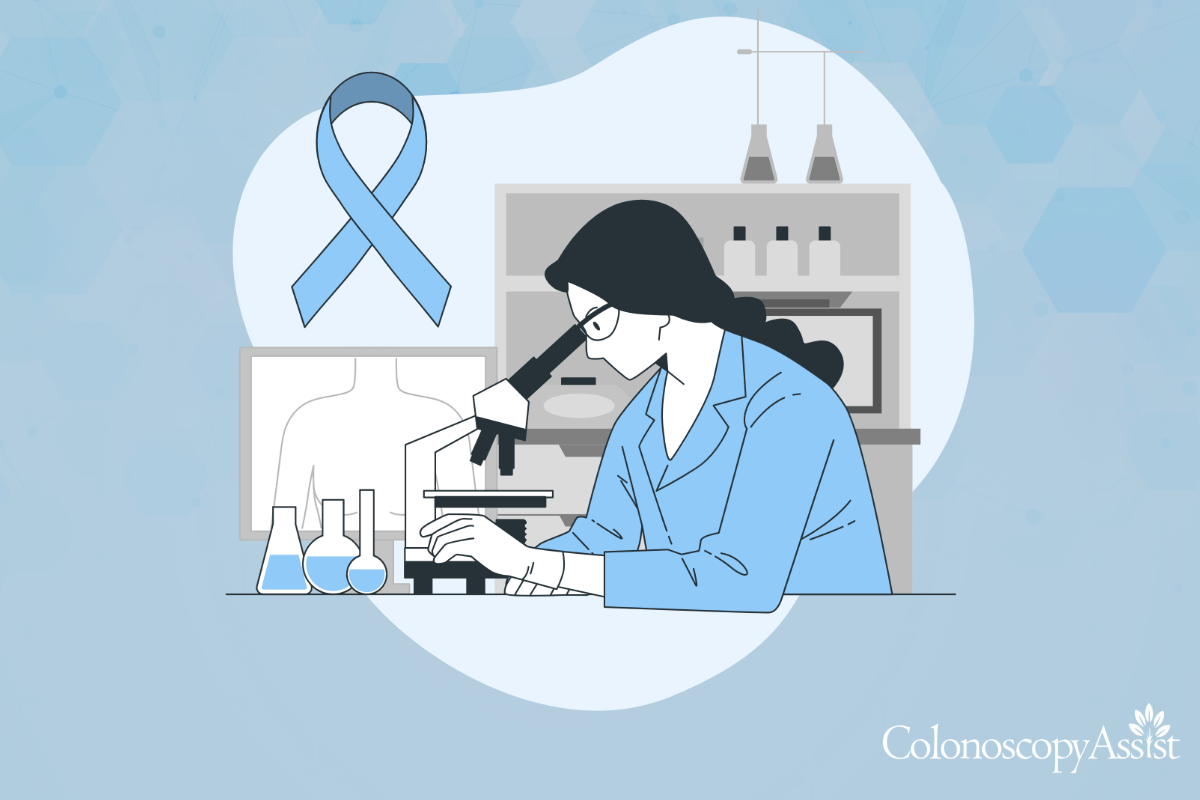
Many colorectal cancers could be avoided entirely if screenings were performed consistently over time. Colonoscopies don’t just detect cancer, they actively prevent it from forming.
Detecting Precancerous Polyps Before They Become Cancerous
The majority of colorectal cancers begin as small, benign polyps in the lining of the colon. While harmless at first, some of these polyps can turn into cancer over time.
- A colonoscopy allows doctors to detect and remove these polyps before they pose a threat.
- 30-50% of adults will develop polyps at some point in their lifetime, making regular screenings essential.
- Without routine screenings, these undetected polyps can grow, mutate, and develop into full-blown cancer.
Identifying Cancer at Its Earliest, Most Treatable Stage
If colorectal cancer is caught in Stage I, the five-year survival rate is over 90%. But that survival rate drops sharply when the disease progresses to later stages.
Preventing Cancer Progression
Missing just one scheduled colonoscopy can allow dangerous polyps to grow unchecked, significantly increasing the risk of:
- Larger tumors that are harder to treat
- Cancer spreading to lymph nodes or distant organs
- More aggressive treatment options, including chemotherapy and radiation
The Importance of a Long-Term Screening Plan
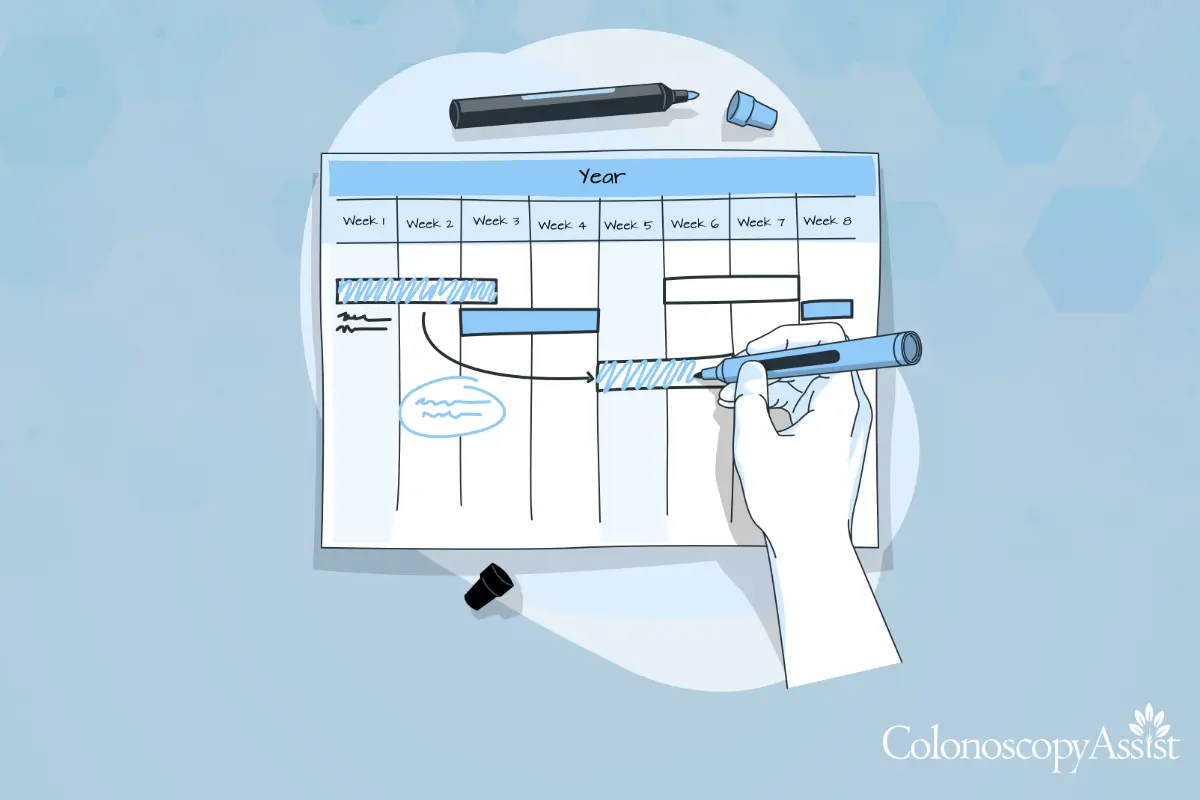
A single colonoscopy isn’t enough to guarantee lifetime protection. The key to effective prevention is following a screening schedule tailored to your risk level.
Recommended Screening Timelines
Sticking to this timeline reduces cancer risk dramatically. A single colonoscopy provides temporary protection, but consistent screenings over decades are what truly keep cancer at bay.
| Risk Level | Screening Frequency |
|---|---|
| Average risk (no family history, no symptoms) | Every 10 years, starting at age 45 |
| High-risk individuals (family history, previous polyps, or genetic conditions) | Every 3-5 years, depending on history |
| Patients with prior polyp removal | Every 3 years to monitor for regrowth |
One Screening Isn’t Enough
A clean colonoscopy result doesn’t mean you’re immune to future cancer risks. Polyps and other abnormalities can develop over time, even if your last screening was clear.
- New polyps can form years after a clean colonoscopy.
- Skipping follow-up screenings gives cancer an opportunity to grow undetected.
- Colorectal cancer rates increase with age, screenings must keep up.
The Consequences of Delaying or Skipping Screenings

Colonoscopies are usually delayed due to either time, cost, or simply assuming you don’t need another one. However, the risks of skipping even one screening can be severe.
Rising Risk Over Time
- Colorectal cancer risk increases with age—by age 60, the risk is nearly double that of a 45-year-old.
- Polyps that go undetected for years have a higher chance of turning cancerous.
Higher Mortality in Late-Stage Cancer
- Missing a scheduled screening can mean missing a crucial early detection window.
- Stage III or IV colorectal cancer survival rates are significantly lower than early-stage detection.
- Late-stage cancers often spread beyond the colon, making treatment more invasive and less effective.
More Aggressive Treatment Required
- Early-stage cancer may only require simple polyp removal.
- Late-stage diagnoses often mean chemotherapy, radiation, or major surgery.
- Advanced cancer treatment leads to higher costs, longer recovery times, and greater physical toll.
ColonoscopyAssist Provides a Long-Term Solution
Financial concerns should never stand in the way of life-saving cancer screenings. Yet, for uninsured or self-pay patients, the cost of a colonoscopy can feel like a barrier to essential care.
At ColonoscopyAssist, we believe everyone deserves access to affordable, high-quality screenings.
- Uninsured individuals don’t have to skip screenings due to cost concerns.
- Affordable follow-up colonoscopies mean patients can stay on schedule without financial burden.
- Multiple payment options help patients maintain their screening routine.
Explore our nationwide screening program for first-time and follow-up colonoscopies today.
Final Thoughts: A Lifelong Commitment to Prevention
Colorectal cancer is one of the most preventable cancers, but only if screenings are performed at the right intervals throughout life.
✔ Regular colonoscopy screenings significantly lower cancer risk.
✔ Following recommended screening schedules prevents polyps from developing into cancer.
✔ Skipping screenings increases the risk of advanced cancer and aggressive treatment.
✔ Affordable screening programs like ColonoscopyAssist make prevention accessible for all patients.
EXCELLENT rating
Based on 2125 reviewsTrustindex verifies that the original source of the review is Google. I was referred to ColonoscopyAssist through my healthcare sharing ministry. They communicated with me every step of the way and were a lower-cost solution to getting a colonoscopy since my preventative screenings aren't covered. I got mine done through a very reputable endoscopy group and they were wonderful.Trustindex verifies that the original source of the review is Google. The entire process was seamless and the staff was friendly and professional. Overall. I had a wonderful experience at your facility.Trustindex verifies that the original source of the review is Google. After the initial, sign up with ColonscopyAssist, it took about 2-3 weeks to get a call from doctors office and appt was 2 weeks later. Everything went smoothly, the doctor was not personable but was professional. Glad it is done. Now my husband has peace of mind.Trustindex verifies that the original source of the review is Google. Simple and easy with great savings.Trustindex verifies that the original source of the review is Google. ColonoscopyAssist was very helpful, responsive, and made the process happen smoothly, not to mention made the procedure much more affordable.Trustindex verifies that the original source of the review is Google. This was as easy as it could have been! Competent and Professional are words that come to mind. This is a great program. From beginning to end it proceeded without a glitch!Trustindex verifies that the original source of the review is Google. Everything worked well before, during and after procedure. Got lots of information. Only ask to upgrade the guide when people are taking tables and not a liquid prep.Trustindex verifies that the original source of the review is Google. very professional and friendly service, everything was organized and I was advised on all the steps. they made this process simple.



